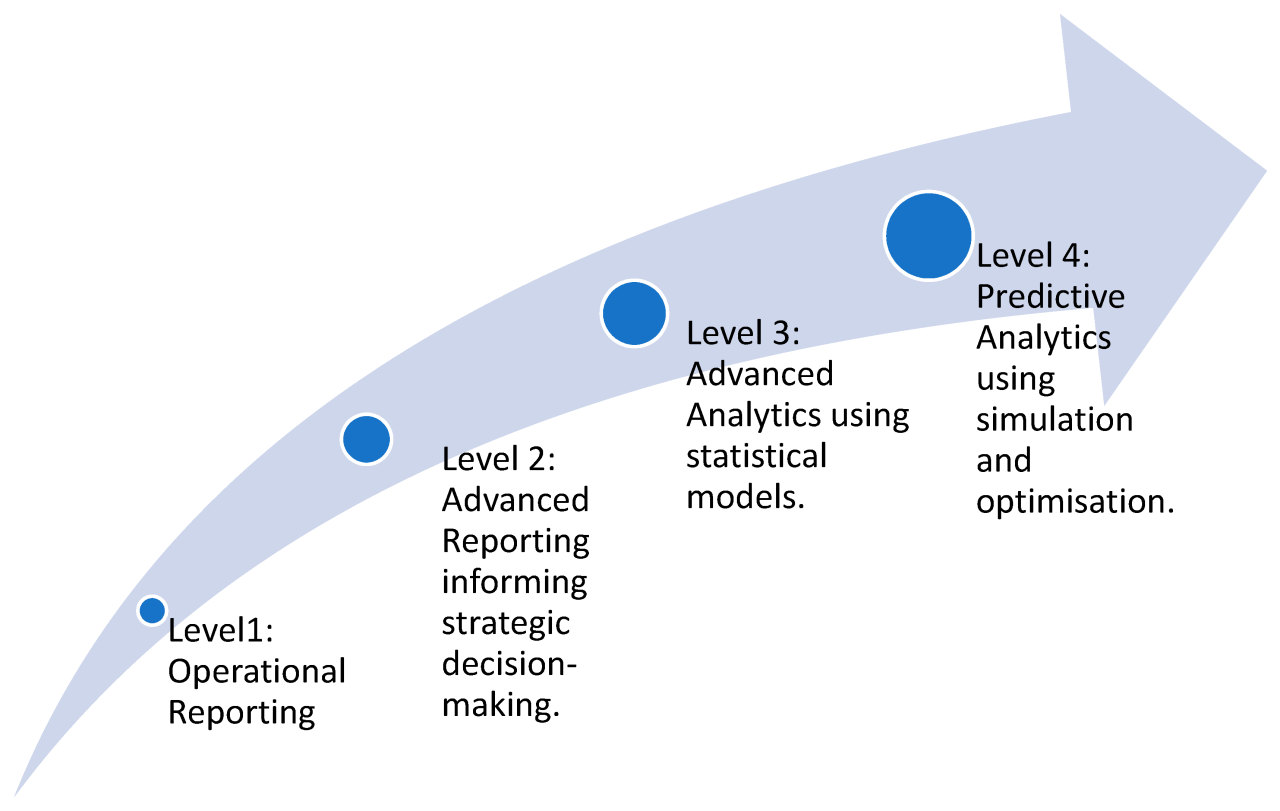
The use of big data is transforming the way that organizations manage their talent. By analyzing large datasets on employee behavior, performance, and feedback, organizations can gain valuable insights into how to improve talent management. In this article, we'll explore the ways that big data is being used to improve talent management and create a more efficient and effective workplace.
What is Big Data?
Big data refers to the vast amount of data that is generated by digital devices and systems. Big data is characterized by its volume, velocity, and variety. The volume of data generated by employee interactions can be immense, while the velocity at which it is generated can be rapid. The variety of data can also be diverse, including structured and unstructured data from a range of sources.
Improving Talent Management with Big Data
Big data is being used to improve talent management in a number of ways:
- Identifying Top Talent
Big data is being used to identify top talent within organizations. By analyzing data on employee performance and behavior, organizations can identify employees who are likely to be high performers and invest in their development.
- Improving Recruitment
Big data is also being used to improve recruitment efforts. By analyzing data on job postings and candidate behavior, organizations can identify the most effective recruitment channels and develop targeted recruitment campaigns that are more likely to attract top talent.
- Enhancing Employee Engagement
Big data is also being used to enhance employee engagement. By analyzing data on employee behavior and feedback, organizations can identify areas where employees are disengaged and develop targeted interventions to improve engagement.
The Benefits of Big Data in Talent Management
The use of big data in talent management offers a range of benefits, including:
- Improved Hiring Decisions
Big data can help organizations make more informed hiring decisions by identifying top talent and developing targeted recruitment campaigns.
- Increased Employee Engagement
Big data can also increase employee engagement by identifying areas where employees are disengaged and developing targeted interventions to improve engagement.
- Enhanced Performance Management
Big data can also enhance performance management by identifying high performers and investing in their development.
The Challenges of Big Data in Talent Management
While the use of big data in talent management offers many benefits, there are also challenges that need to be addressed:
- Data Privacy and Security
Data privacy and security are major concerns when it comes to big data and talent management. As more and more data is collected and stored, there is a risk that it could be misused or exploited. There is a need for greater transparency and accountability around how data is collected, stored, and used.
- Data Quality
Data quality is another challenge in big data and talent management. Ensuring that data is accurate, complete, and consistent can be difficult, especially when dealing with large volumes of data from multiple sources.
- Balancing Objectivity with Human Judgment
There is also a need to balance objectivity with human judgment. While big data can provide valuable insights into talent management, it is important to ensure that human judgment is also taken into account.
Conclusion
The use of big data is transforming the way that organizations manage their talent. By analyzing large datasets on employee behavior, performance, and feedback, organizations can gain valuable insights into how to improve talent management. The use of big data in talent management offers a range of benefits, including improved hiring decisions, increased employee engagement, and enhanced performance management. However, there are also challenges that need to be addressed, including data privacy and security, data quality, and balancing objectivity with human judgment. As organizations continue to integrate big data into their talent management strategies, it is important that they do so in a way that prioritizes transparency, accountability, and the well-being of their employees.